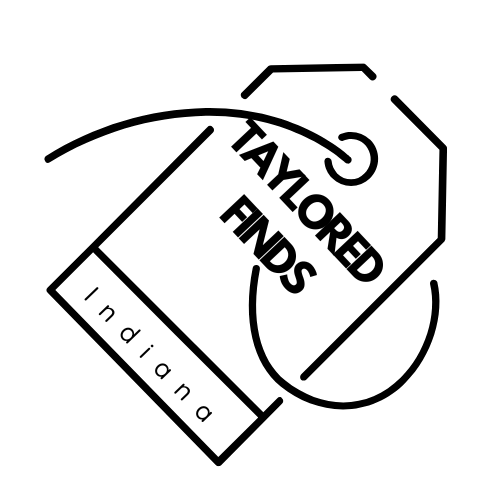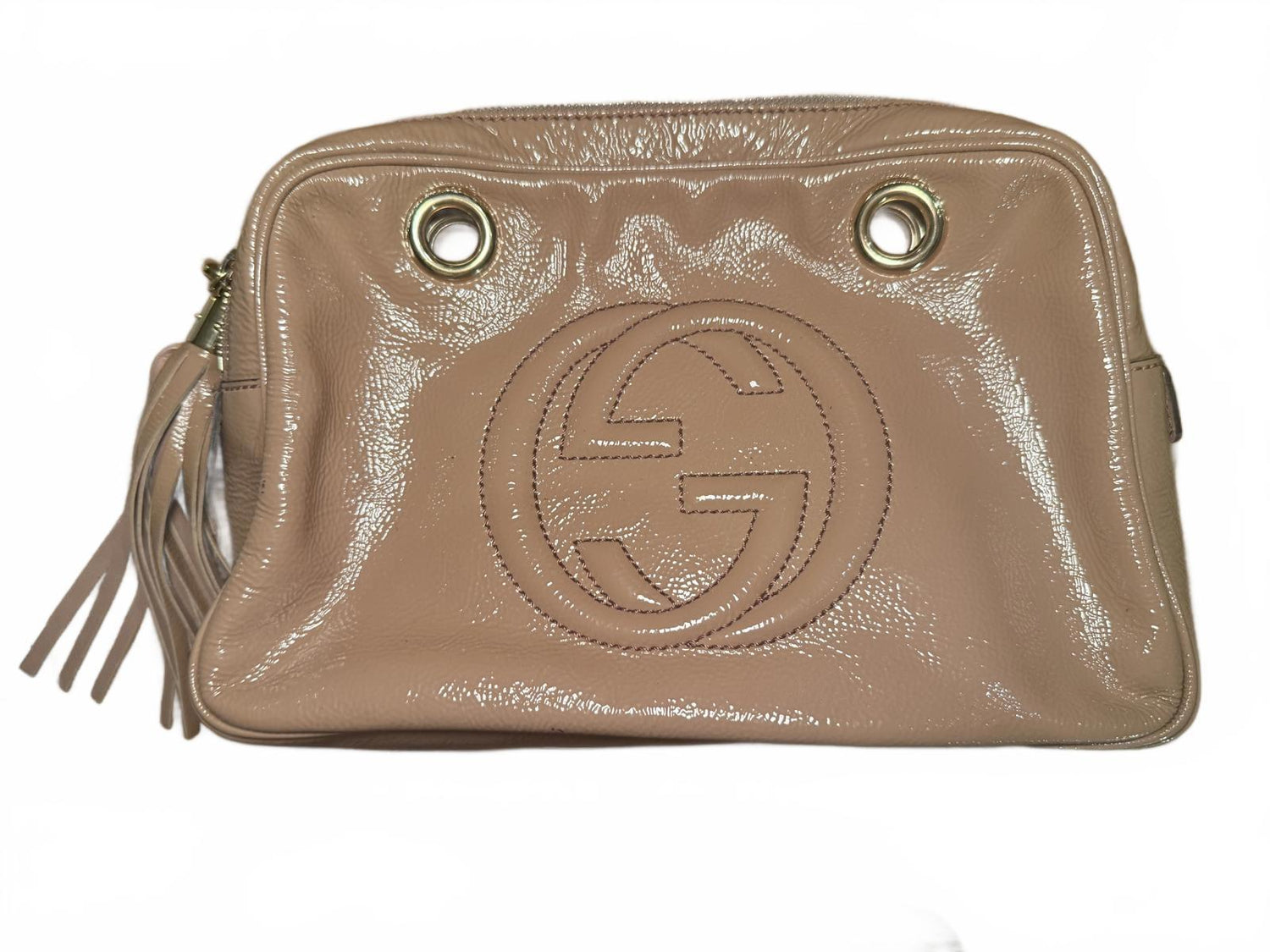The resale market has become a major economic force today, and Depop stands out as America's fastest-growing resale platform . The secondary market keeps growing strong despite tough economic times. Take Peloton's case - they launched new resale platforms even as their revenue dropped 13% to $624 million year-over-year .
The basics are simple - resale means selling something you've already bought . But this simple idea opens up amazing chances in this growing sector. People who search "resale shops near me" should know the business side too. Resellers buy products from manufacturers or wholesalers and sell them at a profit . Smart buyers always look at an item's resale value, whether they're buying property or everyday goods .
Let us guide you through the resale world's ins and outs. You'll learn about resale certificates , tax rules under Internal Revenue Code §1001 , and everything you need to succeed in this booming market.
Understanding the Resale Market
"The U.S. Luxury Resale Market was valued at USD 8.65 billion in 2024, and is projected to reach USD 13.04 billion by 2030, rising at a CAGR of 7.08%." — U.S. Luxury Resale Market Outlook Report, Industry research report, ResearchAndMarkets.com
The secondary market has grown from simple thrift stores into a sophisticated ecosystem worth billions. Let's take a closer look at how this market works and why it keeps growing so fast.
What is resale and how it works
Reselling is an ecommerce business model where entrepreneurs get products from various sources and sell them to customers [1]. The process involves product research, finding items in demand, listing them online at competitive prices, shipping, and inventory management [1]. Successful resellers want to hit the sweet spot—they price items low enough for buyers while keeping their profits healthy [1].
Resellers act as middlemen who connect consumers with hard-to-find products. They create a better shopping experience by removing the minimum purchase requirements that suppliers often set [2].
Types of resale: retail, real estate, collectibles
The resale world covers several categories, each with its own features:
-
Fashion and apparel – This segment grows 15 times faster than regular retail clothing in 2023 [3]. Recent surveys show that U.S. shoppers buy second-hand clothing more than anything else [4].
-
Collectibles market – Worth $295.25 billion now and expected to hit $488.32 billion by 2030 [5]. Trading cards, comic books, vintage toys, and memorabilia belong here. Some rare items sell for millions—like a 1952 Mickey Mantle baseball card that went for $12.6 million [5].
-
Luxury items – Designer clothing, jewelry, and accessories make up a big part where people look for premium products at better prices [3].
Why the secondary market is booming
Several factors drive the resale industry's explosive growth. We found that 52% of consumers bought secondhand apparel in 2023 [6]. The U.S. secondhand market has grown stronger than ever since 2021, with online resale growing at 23% [7].
Technology has revolutionized how people shop secondhand. About 48% of shoppers say that personalization, better search, and discovery make buying used items just as easy as buying new ones [7]. On top of that, 78% of retailers have invested heavily in AI technology to improve the secondhand shopping experience [7].
The market keeps growing rapidly. Experts predict the U.S. secondhand apparel market will reach $73 billion by 2028 [3], while the global market should hit $350 billion [7].
Legal and Tax Considerations in Resale
Legal regulations and tax requirements play a vital role in resale operations. Let's get into the legal frameworks every reseller should know.
Resale vs. retail: legal differences
The difference between retail and resale comes down to facts rather than theory. Retail sales go directly to consumers in small quantities. Wholesale establishments usually work with other businesses and sell larger quantities [8]. Businesses need retail licenses to sell items to the public. Resale licenses allow tax-free purchases of items meant for resale [9]. This difference matters a lot to classify your business and stay compliant.
Understanding resale certificates
A resale certificate is a vital document that shows you're a legal reseller. You won't pay sales tax on goods you buy to resell [10]. This certificate proves why certain transactions didn't include sales tax. Sellers must keep these records for four years [11]. Most states require you to fill out a certificate form for each supplier. Some states let repeat customers use blanket certificates [12].
Tax obligations and exemptions
Resellers must report their profits on Schedule C of their tax returns [13]. Your net profit over $400 might mean paying self-employment tax [13]. All the same, resale certificates don't work for items you'll use in your business - these need use tax [11]. New resellers should track every transaction to back up their exemptions.
Uniform Commercial Code and breach remedies
The Uniform Commercial Code (UCC) sets rules for commercial business deals, including goods sales between parties [14]. Section 2-706 lets sellers resell goods if buyers breach their contract [15]. Sellers can get back "the difference between the resale price and the contract price together with any incidental damages." This works when the resale happens "in good faith and in a commercially reasonable manner" [15]. These remedies help especially during market downturns when property purchase agreement breaches happen more often [16].
How to Start a Resale Business
Starting a resale business is available to anyone looking to become an entrepreneur without a huge upfront investment. Let me show you how to start your own resale venture and make the most of this growing market.
Choosing your niche: fashion, electronics, furniture
Pick a niche that matches your interests and what customers want. Fashion reselling makes good money, and the U.S. secondhand apparel market should hit $73 billion by 2028 [17]. Electronics sales are moving faster than ever, making them another great option [18]. Furniture flipping pays well too - the used furniture and home goods market could reach $23.60 billion by 2025 [19].
Think about these factors while picking your niche:
-
Your expertise and what you love doing
-
How much profit you'll make and how fast items sell
-
Local competition levels
Where to source products legally and safely
Your success depends on finding reliable suppliers. Here are some ethical and legal ways to source products:
Thrift stores and garage sales hide treasures at bargain prices, especially for furniture and vintage clothing [19]. You can head over to online wholesale marketplaces like Alibaba to get various products at competitive prices [20]. On top of that, retail clearance sales often have items you can mark up significantly [21].
Note that you must check if products are genuine before buying them. The sort of thing I love to remember comes from an industry expert: "Selling counterfeit goods or those that infringe on trademarks is totally illegal" [1].
Setting up your business structure
Your legal structure needs to be in place before you start. Here are your options:
-
Sole proprietorship: Simple setup where you take personal liability
-
Limited Liability Company (LLC): Gives you protection with some paperwork
-
Corporation: Maximum protection but needs more administrative work [2]
Make sure to register your business name with local authorities and get required licenses [17].
Getting a resale license and certificate
A resale certificate helps you avoid paying sales tax on items you buy to resell. This document:
-
Shows your sales tax registration number and business type
-
Goes to suppliers for tax-free purchases
-
Usually stays valid for five years
-
Belongs only to you and can't be transferred [22]
Rules change by state - some take out-of-state certificates, while others want you to register locally [3].
Staying Compliant and Safe as a Reseller
"Companies are increasingly focusing on improving service models, authentication processes, and digital user experiences to meet the evolving expectations of both sellers and buyers." — U.S. Luxury Resale Market Outlook Report, Industry research report, ResearchAndMarkets.com
Safety concerns stand at the forefront of the resale industry. Selling recalled products breaks the law and violates ethical standards. Responsible resellers must put consumer protection ahead of profits.
Avoiding recalled or unsafe products
The Consumer Product Safety Commission (CPSC) states clearly: it is illegal to sell any recalled product [23]. This rule applies to everyone from 20-year old resale shops to people running yard sales. The seller must check if items face recalls before putting them up for sale [23].
CPSC's message comes through clear: "When in doubt, throw it out!" [24]. This rule becomes crucial for children's items such as cribs, bassinets, and toys that have seen millions of units recalled [5].
Understanding CPSC guidelines
CPSC provides these resources to keep resellers informed:
-
The CPSC YouTube page with recall lists and videos [23]
-
Email alerts for recall notifications [5]
-
SaferProducts.gov to check recalls and report unsafe products [23]
The CPSC recalls between 300-500 products each year [5]. Not knowing the law won't protect you - every reseller must understand these regulations [5].
Best practices for product inspection
Quality inspection starts with random sample checks to set quality standards [25]. You should examine items both visually and physically [25].
Nursery furniture needs specific safety features. The slats should not exceed 2 3/8 inches apart, and all parts must stay tight and in place [26]. Never try repairs with different screws or hardware - the risks outweigh any benefits [5].
Tips for ethical reselling
Ethical reselling needs awareness of your position and how you affect communities [27]. Your integrity grows when you focus on specific niches instead of grabbing everything valuable [27].
Set fair prices that show both your time investment and the item's true worth [27]. Meet buyers in public spaces like malls or shopping centers and bring someone along if possible [28].
Beyond profits, staying compliant protects your business reputation and your customer's safety - this responsibility matters most.
Conclusion
The resale market has become a thriving economic force that continues to expand despite tough economic conditions. This piece explores the fundamentals of this $100B+ industry that covers fashion, collectibles, real estate, and luxury goods.
The legal framework is crucial for anyone entering this space. Getting proper resale certificates and following tax regulations protects your business from potential penalties and helps maximize profits. The Uniform Commercial Code also offers key protections for dealing with breached contracts.
Your own resale venture needs careful planning. The right niche, reliable sourcing channels, and proper business structure will shape your success. Fashion currently guides the market with projected growth to $73 billion by 2028. Electronics and furniture also present great chances for growth.
Safety and compliance matter deeply. Selling recalled products breaks the law and crosses ethical lines. Regular checks against CPSC guidelines and detailed product inspections must become standard practice for every reseller.
The future of resale shines bright. The market keeps growing strong, and experts project the global market will hit around $350 billion in the coming years. This rise comes mainly from consumers who prefer green options and tech advances that have transformed how people shop.
Reselling is more than just a business chance—it's a shift toward greener consumption patterns. The principles in this guide will help you direct your path through this ever-changing marketplace, whether you're new or looking to grow.
Note that success in resale comes from more than finding the right products at good prices. You need to build a reputation for quality, authenticity, and trust. In a market built on previously-owned goods, trust becomes your most valuable asset.
References
[1] - https://whop.com/blog/what-is-reselling-and-is-it-legal/
[2] - https://www.networksolutions.com/blog/how-to-become-a-reseller/
[3] - https://www.avalara.com/blog/en/north-america/2023/02/a-state-by-state-guide-to-resale-certificates.html
[4] - https://www.statista.com/forecasts/997103/most-common-second-hand-purchases-by-category-in-the-us
[5] - https://www.cpsc.gov/s3fs-public/Resellers-Guide-Updated-Final-3-3--21.pdf
[6] - https://cf-assets-tup.thredup.com/resale_report/2024/ThredUp_2024_Resale Report.pdf
[7] - https://newsroom.thredup.com/news/thredup-13th-resale-report
[8] - https://www.law.cornell.edu/cfr/text/29/779.328
[9] - https://smallbusiness.chron.com/difference-between-resale-retail-license-43466.html
[10] - https://www.faire.com/blog/buying/resale-certificate/
[11] - https://comptroller.texas.gov/taxes/sales/faq/resale.php
[12] - https://www.salestaxinstitute.com/sales_tax_faqs/resale_certificate
[13] - https://www.taxslayer.com/blog/tax-reporting-for-online-resellers/
[14] - https://dos.ny.gov/uniform-commercial-code
[15] - https://michiganlawreview.org/journal/sellers-damages-following-resale-under-article-two-of-the-uniform-commercial-code/
[16] - https://www.primerus.com/article/available-remedies-breach-real-property-purchase-and-sale-agreements-bernard-m-resser
[17] - https://www.shopify.com/blog/reseller-business
[18] - https://swappa.com/?srsltid=AfmBOooWR5tBA1NowTo366kshKl5n0VsDMTY_WgLalgrldAf8biVty88
[19] - https://www.twicecommerce.com/blog/how-to-sell-used-furniture-for-profit
[20] - https://amzscout.net/blog/sourcing-products-to-sell-online/
[21] - https://selleraider.com/sourcing-for-resellers/
[22] - https://www.maine.gov/future/sites/maine.gov.revenue/files/inline-files/IB54ResaleCertificates022020.pdf
[23] - https://www.cbsnews.com/pittsburgh/news/recalled-baby-products-facebook-marketplace/
[24] - https://www.cpsc.gov/Business--Manufacturing/Business-Education/ResaleThrift-Stores-Information-Center
[25] - https://safetyculture.com/topics/quality-assurance-and-quality-control/product-inspection/
[26] - http://www.growingkidssale.com/images/document-CPSCResaleGuide.pdf
[27] - https://thewaynestater.com/24205/opinion/supporting-those-who-resell-ethically/
[28] - https://www.consumerprotectionbc.ca/2022/10/tips-to-stay-safe-when-buying-or-selling-online/







